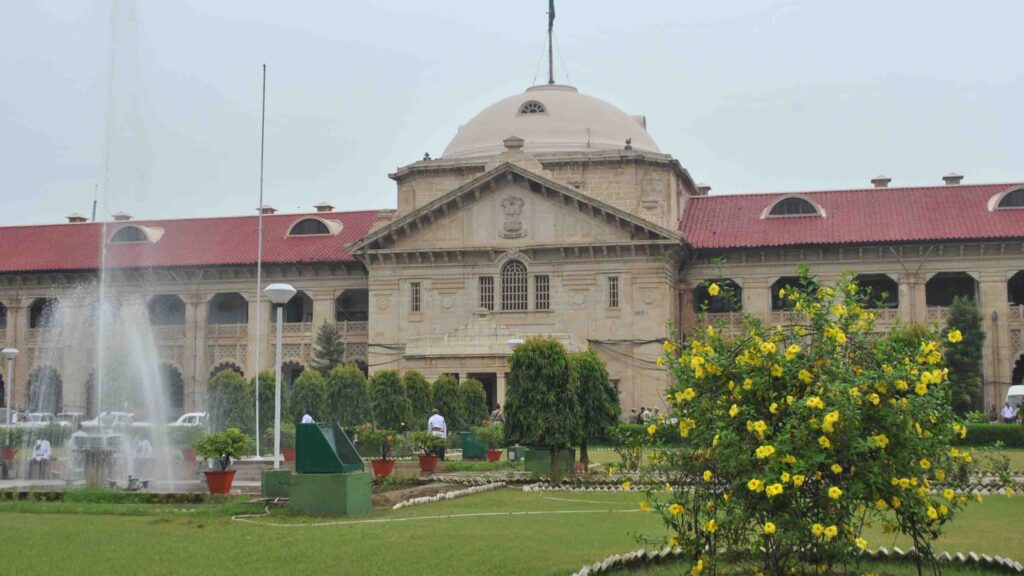
Allahabad High Court Rules on Maintenance of Complaints Under Section 498-A IPC and Dowry Prohibition Act
Last Updated on April 3, 2024 by News Desk
Introduction:
The Allahabad High Court recently rendered a significant judgment regarding the maintainability of complaints under Section 498-A of the Indian Penal Code (IPC) and the Dowry Prohibition Act, 1961, particularly concerning second marriages. The court’s ruling, which arose from a plea challenging the validity of proceedings initiated against the husband and his family members, sheds light on the legal intricacies surrounding marriages and the demand for dowry.
Issue:
The primary issue addressed by the court was whether a complaint under Section 498-A IPC could be maintained against a husband at the instance of a second wife, considering the validity of the marriage.
Rule:
The court emphasized the necessity for a valid marriage to sustain a complaint under Section 498-A IPC. It cited Section 5 of the Hindu Marriage Act, which states that neither party should have a living spouse at the time of marriage for it to be considered valid. Relying on precedent, the court clarified that if the marriage is null and void, prosecution under Section 498-A IPC is not maintainable. Furthermore, the court interpreted the Dowry Prohibition Act, noting that the demand for dowry can exist even without the performance of a marriage ceremony.
Analysis:
In analyzing the facts of the case, the court concluded that a complaint under Section 498-A IPC could not be sustained if the marriage was null and void, thereby quashing the proceedings. However, it maintained the proceedings under other relevant sections of the IPC and the Dowry Prohibition Act, considering the allegation of dowry demand.
Conclusion:
The court’s ruling establishes a clear precedent regarding the maintainability of complaints under Section 498-A IPC and the Dowry Prohibition Act in cases of second marriages. It highlights the importance of legal validity in marital relationships and the interpretation of relevant statutes in cases involving allegations of cruelty and dowry demands.
Written by — Athi Venkatesh AVD




